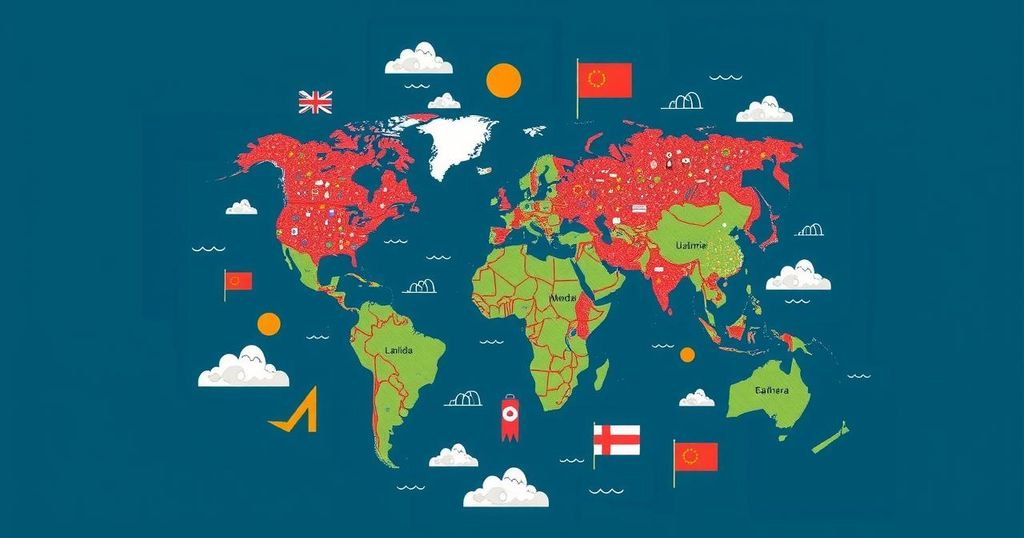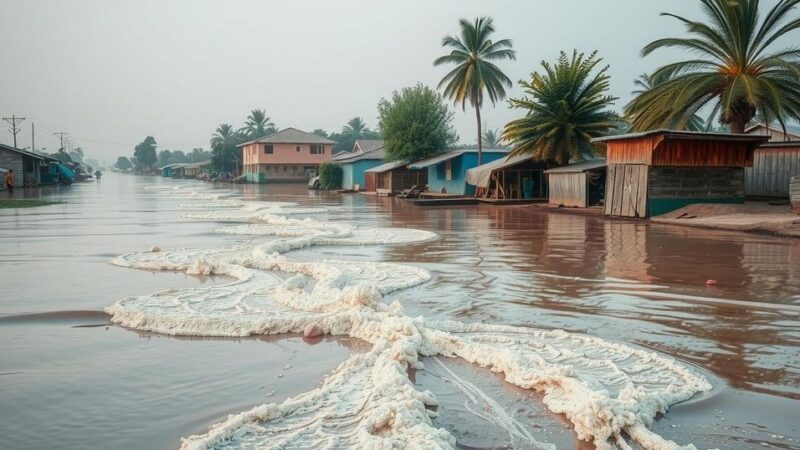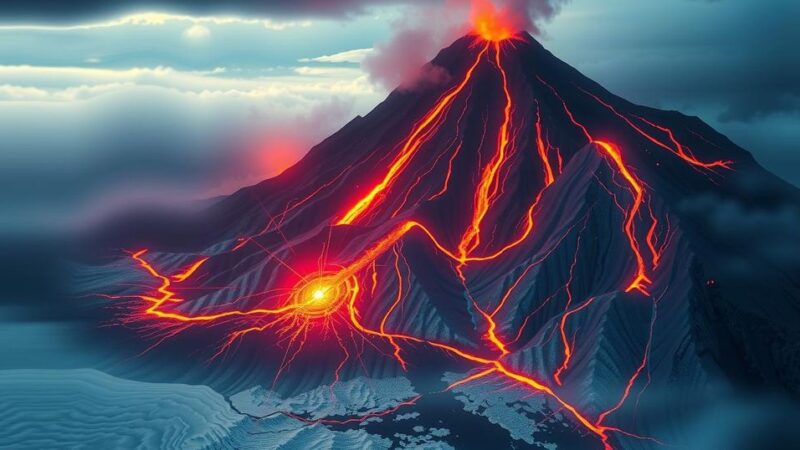Climate change is a critical global issue often communicated predominantly in English, creating significant barriers to accessibility for non-English speakers. Approximately 90% of scientific literature is in English, while three-quarters of the global population do not speak the language. This linguistic divide exacerbates existing inequalities in scientific knowledge production and social justice, particularly affecting developing countries. Initiatives such as UNESCO’s Open Science and organizations like Climate Cardinals aim to promote multilingualism and improve access to climate information worldwide, enhancing climate literacy and response efforts.
Climate change poses an urgent challenge that impacts all inhabitants of Earth, yet climate science remains predominantly conveyed in English, which creates significant barriers to understanding. Although English is often regarded as the global lingua franca, it is essential to recognize that a considerable portion of the world’s population does not speak this language. Current figures indicate that approximately 90% of scientific publications are in English, limiting accessibility to climate science for the vast majority who are not fluent in it. English serves as the primary language in only a select few countries, amounting to a mere 400 million speakers, a stark contrast to the estimated three to five billion individuals who do not speak English. This creates a pronounced linguistic inequality in the dissemination of scientific knowledge, wherein the countries that produce the most impactful research, predominantly the United States and the United Kingdom, also dictate the narrative on climate issues. As a result, individuals in developing countries, who often face the severest impacts of climate change, find it exceedingly challenging to access vital scientific literature written in English. The inequities in language further exacerbate existing social injustices; while English dominates scientific discourse, other languages are marginalized, leading to a significant imbalance in knowledge distribution concerning climate change. Initiatives such as UNESCO’s Open Science aim to bridge these gaps by promoting greater accessibility to scientific research across diverse languages and communities. Efforts must be made to promote multilingualism and utilize advancements in machine translation technology to ensure that crucial scientific information reaches non-English speakers. Organizations like Climate Cardinals are actively working to provide climate-related data in over 100 languages, thereby enhancing climate literacy and understanding worldwide.
The discussion on climate literacy highlights the intricate relationship between language and access to scientific knowledge. Given the critical nature of climate change as a global issue, the predominance of English in scientific literature raises concerns about inclusion and equitable access to information. With nearly 90% of scientific articles published in English, a vast portion of the global population remains disconnected from crucial climate data. This situation is exacerbated in countries with high levels of linguistic diversity where English serves as an elite language, thus contributing to a layered inequality that privileges certain demographics over others in terms of knowledge access. The recognition of these barriers has prompted initiatives aimed at fostering multilingual communication within the scientific community, thus ensuring broader access to climate information.
In summary, language barriers significantly hinder global climate literacy by restricting access to essential scientific knowledge to those who primarily understand English. This linguistic divide not only perpetuates inequalities in the scientific community but also increases the vulnerability of populations most affected by climate change. Initiatives that promote multilingualism and employ modern translation technologies are crucial to overcoming these barriers. By making climate science more accessible, we can foster a better-informed global community that is better equipped to address and mitigate the impacts of climate change.
Original Source: theconversation.com







